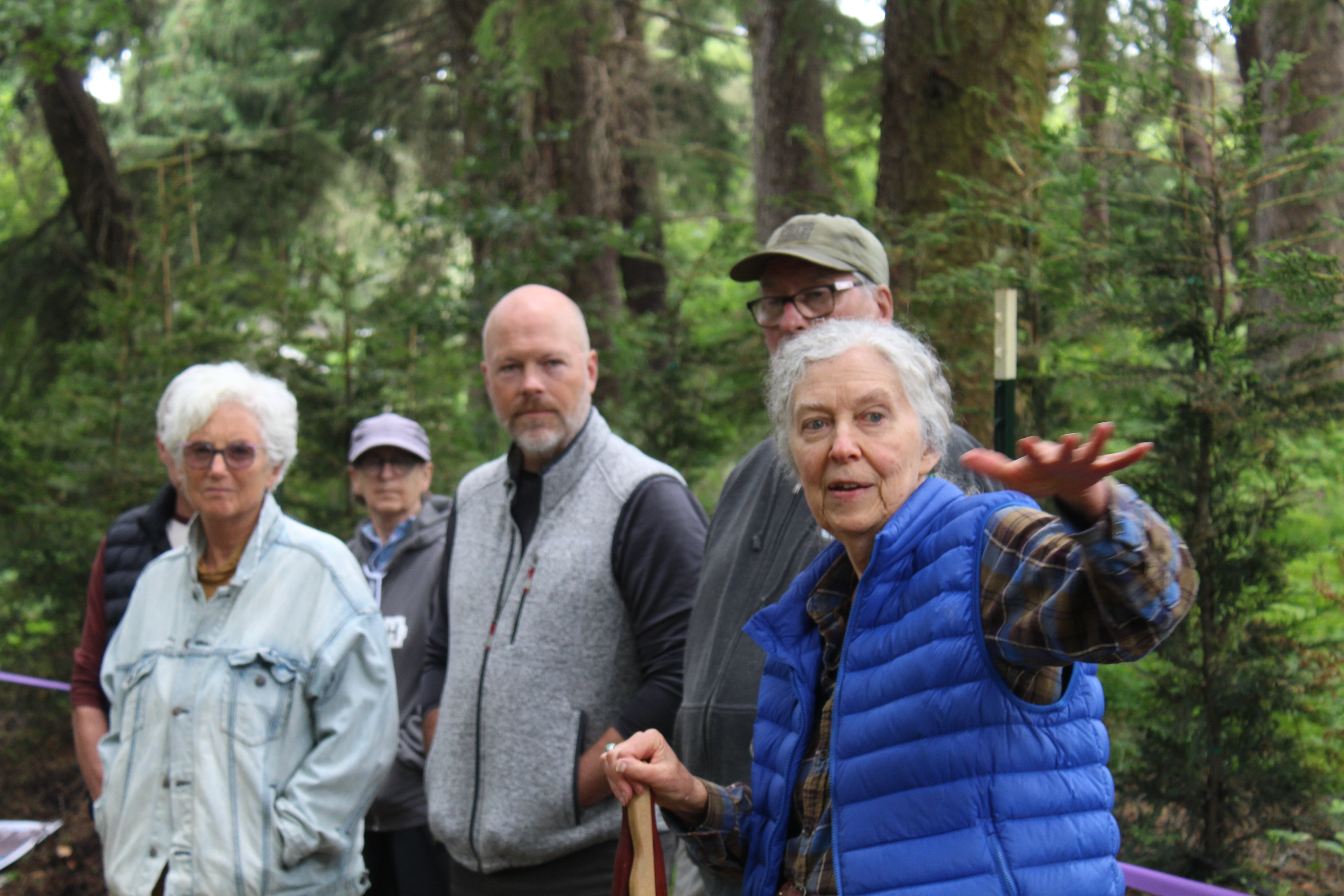Guest Column: A big week in state government
Published 12:30 am Tuesday, February 28, 2023

- Dick Hughes
A momentous week unfolded in the Oregon Capitol:
Trending
• Legislators learned they will have millions more to spend than previously expected — if current economic trends hold up — and taxpayers will pocket an even bigger income tax “kicker.”
• A state House committee unanimously passed a bipartisan bill that expands availability of naloxone to reverse opioid overdoses. House Bill 2395, championed by state Rep. Maxine Dexter, D-Portland, and others now goes to the House floor.
• The Joint Committee on Semiconductors kept pursuing federal dollars by holding a hearing on Senate Bill 4, including a contentious proposal that gives Gov. Tina Kotek one-time authority to designate land for industrial development, expanding a city’s urban footprint.
Trending
• A trio of Democrats unveiled lawmakers’ plan to address homelessness and lack of housing around Oregon. Their goal is to send the estimated $200 million package to the governor next month.
• Public employee unions negotiated changes to Senate Republican Leader Tim Knopp’s bill banning agencies from paying travel expenses for state workers who live in other states and telecommute. A Senate committee unanimously approved the compromise, sending Senate Bill 853 to the Senate floor.
• The Oregon Youth Legislature convened, due to weather conditions in a hybrid format, for a three-day session. The YMCA program is meeting at the Willamette University law school nearby. Measures passed by participants and signed by Youth Gov. Caroline Gao, a senior at West Albany High school, will be sent to state legislators for consideration. Topics include mental health care, gun regulations, police reform and funding for school librarians.
• Senate Republicans continued insisting that the Senate stick by the Oregon Constitution and read bills aloud before voting instead of waiving that requirement as customarily has been done. Senate President Rob Wagner meets at least weekly with Knopp. But Wagner told me, “We haven’t had a direct conversation about sort of the nature” of the disagreement.
And then it snowed.
Kotek canceled her media availability on Thursday. The Legislature, like a school district that initially delays classes and then cancels everything, shut down for the day. Some lawmakers did hold in-person or video meetings with lobbyists or constituents.
The Senate Conduct Committee meeting, the Legislature’s only scheduled business for Friday, was converted to a virtual session.
But wait, there’s more!
Before this column adjourns for the week, let’s reflect on recent big news: shenanigans at the Oregon Liquor and Cannabis Commission. Some managers used their OLCC position to buy extremely high-priced, difficult-to-find liquor that otherwise could have gone to the public. Some lawmakers, who remain unidentified, also supposedly benefited.
Five observations:
1. It’s unethical, unprofessional and inexcusable for individuals to use their jobs for such personal gain. In Oregon government, it’s also illegal.
Steve Marks, the now-gone executive director of the OLCC, and every other employee should know that. This is a firing offense.
2. As governor, Kotek has the right to choose her own management team. Before learning of the OLCC investigation, she already had asked Marks to resign for reasons she has not disclosed.
3. Never engage in unwritten perks such as this. They eventually come back to bite you. Have in writing for everyone to see, or don’t do it. Never justify doing something simply because you work long hours or you feel underappreciated or whatever.
4. Keep this scandal in perspective. Despite all the headlines, it is small fry compared with the bribery, fraud and other abuse in certain states and big cities.
As former Senate President Peter Courtney noted in a recent column, Oregon has had a reputation for cleaner government. My worry is that our reputation can lull us into complacency.
Attorney General Ellen Rosenblum has announced a criminal investigation into the OLCC matter.
5. The aspects receiving inadequate attention, despite OLCC Chair Paul Rosenbaum’s diatribe against the news media and subsequent resignation, are the commission’s and Legislature’s roles.
Commissions, city councils, school boards and the like set policy. They should not micromanage or involve themselves in day-to-day operations. However, they are responsible for evaluating one employee: the top administrator. Rosenbaum displayed a distressing lack of understanding about his and other commission members’ responsibilities in that regard, including commissioners’ public accountability.
This matter should raise significant questions about gubernatorial and legislative vetting of commission candidates, as well as the need for ongoing training once commissioners begin their volunteer terms.
Kotek acted decisively to push out Marks and Rosenbaum and to seek others’ dismissal. Will she also focus her administration on training state commission members for their duties?
On a personal note, I remember sitting down in Harrisburg, Pennsylvania, for my first meeting as an elected board member of the National Conference of Editorial Writers. As I examined the multipage financial report, it suddenly hit me: “Holy effluent (or words to that effect). I’ve got serious fiduciary responsibility.”









